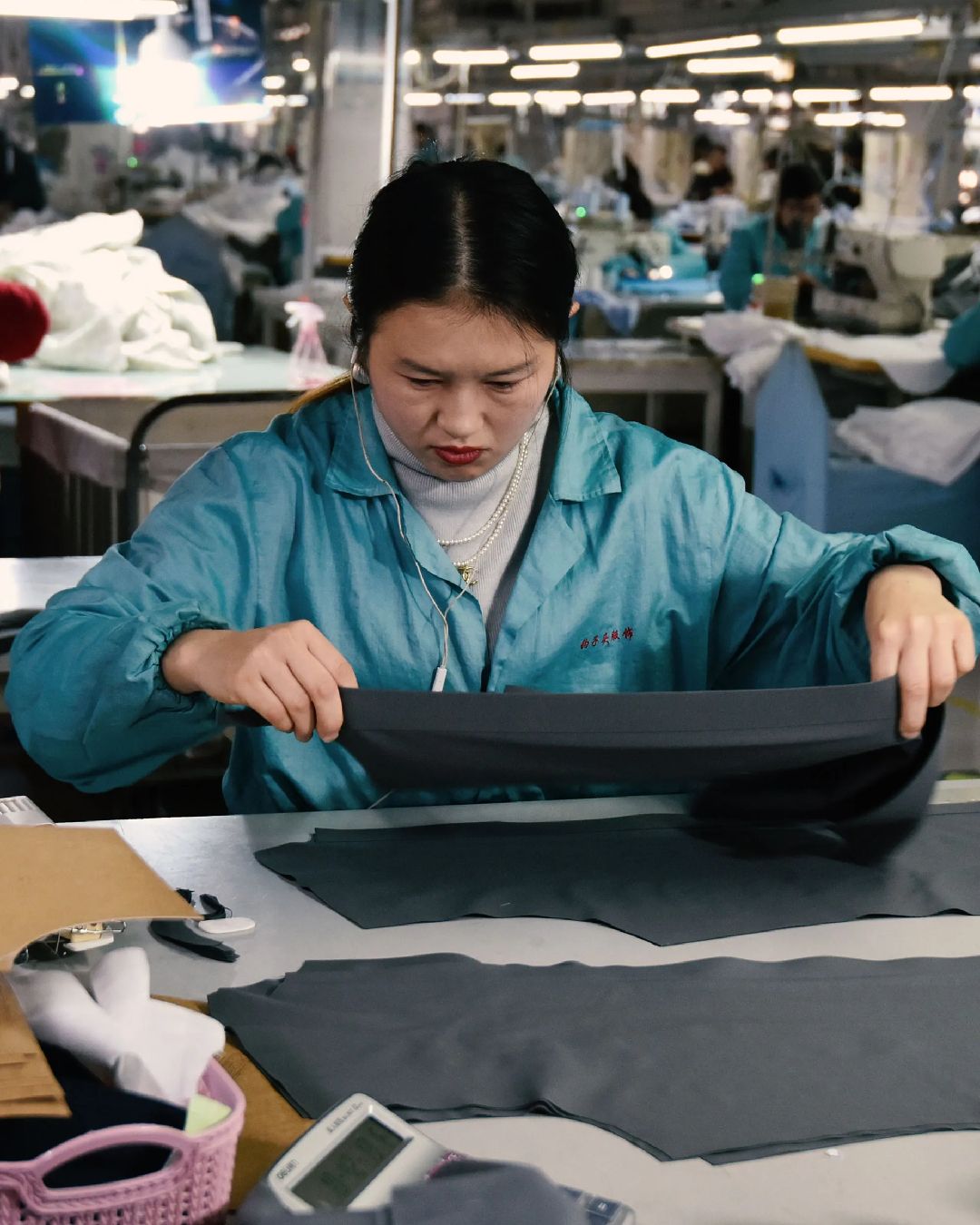
Has your favourite brand contacted you? It's a scam Even fashion is targeted by online phishing
The story of phishing is as old as the tale of the cat and the fox from Pinocchio: if, like the little wooden puppet, you dream big and don’t have time to think about the dangers lurking behind a fake email, you could end up with your hands tied and your bank account in the red. In recent months, several fashion brands have been warning their community about fake email addresses, meaning emails with sloppy graphics and numerous spelling mistakes that offer artistic collaborations and enticing gifts in exchange for media coverage. From established industry names like McQueen to independent companies like Chopova Lowena, more and more brands are being targeted by scammers, as well as the photographers and content creators they try to lure. It might seem impossible for a young creative, adept at navigating both Photoshop and TikTok, to fall into a scammer’s trap, yet the phishing market, or “Pig Butchering”, is thriving. According to a recent Wired investigation, while scam sites were once mostly scattered across Southeast Asia, they now proliferate in every corner of the globe, and the FBI reports that in 2023 alone, the sector has inflicted a total theft of nearly $4 billion on the global economy. Faced with this staggering figure, it’s easy to bet that some of those defrauded include creatives in the fashion industry who believed a little too blindly in their dream. In recent days, the nss editorial team tried to engage with some of the scammers who contacted us, from “Deisel” to “Attico”, from “Giorgio Armani Management” (which signed the email as Giorgio himself) to “JW Anderson” (which after the first introductory letter transformed into Kurt Geiger).
Of all the scammers who tried to contact us, the most convincing was perhaps the operator posing as a representative of The Attico. The brand changed its name depending on the day, switching from “theattico” to “Attico” with remarkable ease. In short, the offer proposed by the so-called representative involved an ambassador contract that included, besides a generous salary, monthly shipments of ten of your favorite items, a personal discount code to use on the site and share with your followers, and the opportunity to be featured on the brand’s social accounts and official website. Keep in mind, all of this was offered to “creators” with just a few thousand followers on Instagram. If the tempting offer from “Attico” wasn’t already a glaring red flag, responding to the email where we expressed our excitement for the collaboration led us to a “secure and private” Telegram chat. Out of all the messaging platforms in the world, “theattico” chose the one favored by cybercriminals. On the platform, we finally met the “CEO” of the brand’s partnerships, who, after several paragraphs praising his happiness to collaborate with us, shared his identity certificate - “This standard procedure ensures the security and trust of both parties”, assured Mathias.
ART SCAM
— ~Raggedy~ (@RaggedyHead) September 15, 2021
I got this e-mail on Thursday and didn’t notice until now but just wanted to warn my art friends of scams like these.
Never trust any “job offer” that doesn’t address you by name and asks you to download apps to your personal devices for staff to “interview” you. pic.twitter.com/qKQdfJPWuD
But let's get to the point, which is the contract: three rambling pages made up of fonts of different sizes and types, haphazard spacing, and a poorly pasted compilation of provided data, indeed included everything promised by the so-called representative in the first email. The scam becomes crystal clear just a few lines below the statement admitting that, in fact, the individual involved in the collaboration would receive, over the course of three months, an amount equal to $20,000. To access the gifts, the money, and the fame, writes “theattico”, it would be necessary to create an ID Card for the transaction: it’s free, the company claims, but to obtain it, a $249 administrative fee must be paid. “This fee covers verification, activation, and processing costs, ensuring the security of transactions and safeguarding both parties from potential fraud or identity theft.” Quite considerate, these next-generation scammers.
@cazlecks should never have let her choose that career pathway xxx #fyp #scamtext #foryoupage #viral #trolling #funny #lol #FlexEveryAngle #viralvideo #foryou #scammer #messingaround #fypシ
Sarcasm aside, what emerges from this narrowly avoided scam (and one must add, just barely, as these days $20,000 would come in handy) is the level of ubiquity that the world of online scams has reached. Whereas until recently they primarily targeted energy, postal, or insurance companies, which notoriously prey on the elderly, scam companies have now learned that even emerging creatives can be gullible. Discovered through Instagram, where they often tag brands when they attend events or repost one of their projects, photographers, videographers, influencers, and other young talents are lured through their greatest professional dream. Besides causing harm to the victim, the whole trick also inflicts serious damage to the reputation of the brands unfortunately involved. Established maisons like McQueen and Armani find their credibility at risk, while younger brands like The Attico and Chopova Lowena risk losing the cohesive community they’ve built over the years, through blood, sweat, and tears. Exploiting the fame of the brands, the allure of big gifts and salaries, and the sense of recognition that any young creative seeks, the scammers implement the exact process that Wired describes, the “pig butchering”, where the attacker first builds an intimate relationship with the victim, then introduces a special or unique investment opportunity. “Finally, the victims send the funds (usually cryptocurrency) through a malicious platform that looks like a legitimate money management service, and the attackers launder the money from there.”
@erinmcgoff scammers are EVERYWHERE. Beware! #scam #jobsearch #jobscam O Superman - Laurie Anderson
In the past five years, online scamming has grown exponentially. The “pig butchering” scheme has become so easily recognizable, explains the Wired investigation, that you can now purchase “pre-made cryptocurrency investment platforms, models, and scripts” to follow, available for anyone looking to start a career in the field. Today, there are scamming centers all over the world, from Cambodia to Peru - according to a BBC investigation, they’ve even reached Europe, on the Isle of Man. Just as they are diversifying their geographic footprint to ensure the kind of stability even scam businesses need, online scamming activities have learned to broaden their thematic horizons, having now made their undercover debut in the fashion industry. Who knows, after the much-discussed arrival of influencers at Fashion Week in the early 2010s, we might soon find ourselves commenting on the arrival of scammers in the front row.














































